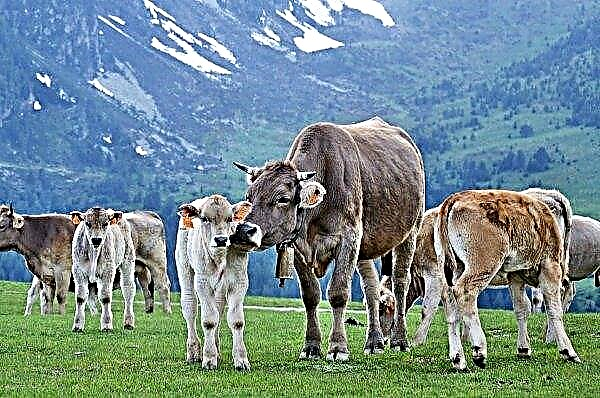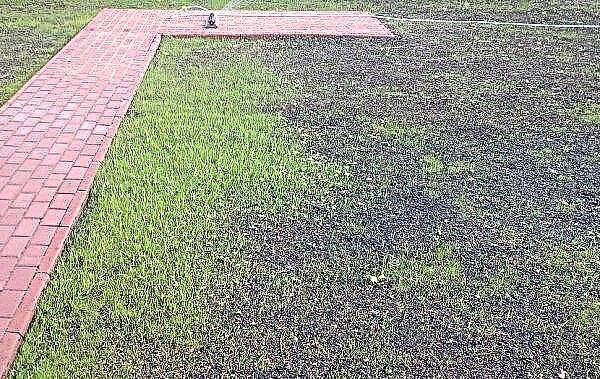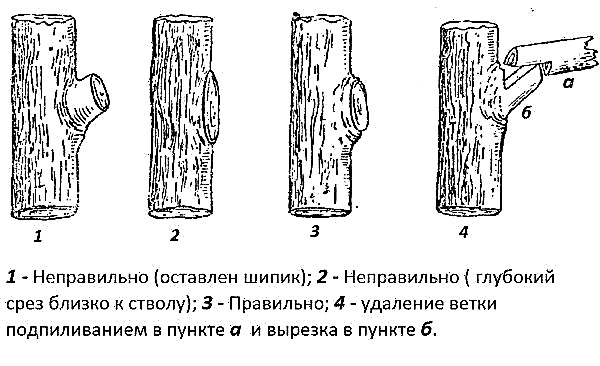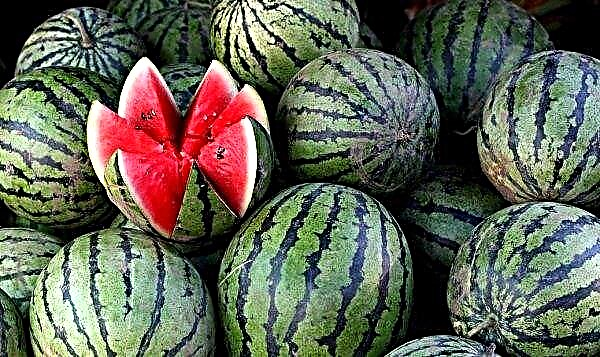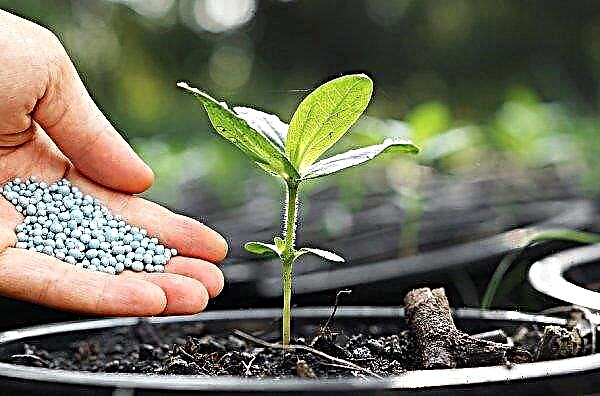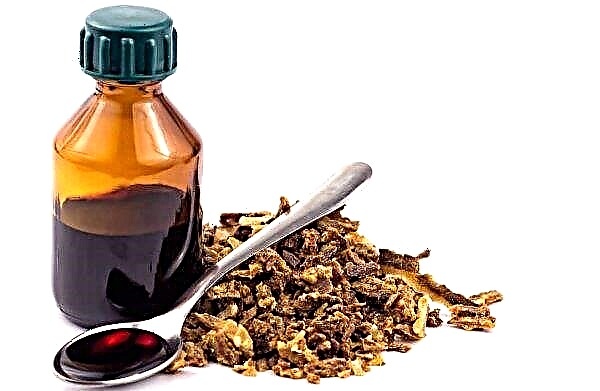According to retailers, food prices in the UK are likely to rise, as labor shortages and supply chain disruptions caused by Covid-19 are taking their toll.
Data compiled by the British Retail Consortium showed food inflation in March fell to 1.1% from 1.6% in February. This is below the 12- and 6-month average price growth of 1.6% and 1.4%, respectively.
Fish and chips - a traditional dish of English cuisine, which is usually eaten wrapped in a newspaper on the street.
Fresh food inflation fell for the third month in a row. In March, fresh food prices rose 0.4%, the lowest inflation rate for the category since March 2018.

Meanwhile, surrounding food inflation slowed sharply to 2% in March, compared with 3% in February. This indicator is lower than the average and six-month price increases by 2.4% and 2.6%, respectively.
However, inflation slowdowns are unlikely to last, said Helen Dickinson, CEO of the British Retail Consortium.
Direct speech: “As of the first week of March, when prices were collected, prices in stores were transferred to deflationary territory, where inflation for food slowed and prices for non-food goods continued to fall,” Dickinson said.

Direct speech: “Fresh food prices rose by a modest 0.4%, as lower world prices leaked in 2019, limiting the rise in prices for meat, dairy and fish products. Non-food prices fell again in March, as household spending remained low. There are a number of price factors associated with the coronavirus crisis. Food prices, especially fresh food, may be affected by the higher cost of seasonal agricultural labor, while non-food items will decline due to lower demand, ”Dickinson added.
- Created by the Rural Network of Services (RSN) and the National Center for Health and Rural Health Care (NCRHC), the new Rural Health and Care Alliance (RHCA) aims to provide information, innovation and best practices to health and care providers in countryside.
- Treasury Chancellor Sajid Javid allocated £ 3 billion to farmers in 2020-2021 to help them after Brexit. The funds, which will be distributed over two years, are used to support farmers when the UK leaves the European Union and the Common Agricultural Policy (CAP) direct payment scheme.
- In the UK, farmers called on the future prime minister to provide a “reasonable” transition agreement with the EU to achieve a “soft landing” when leaving the Union.


